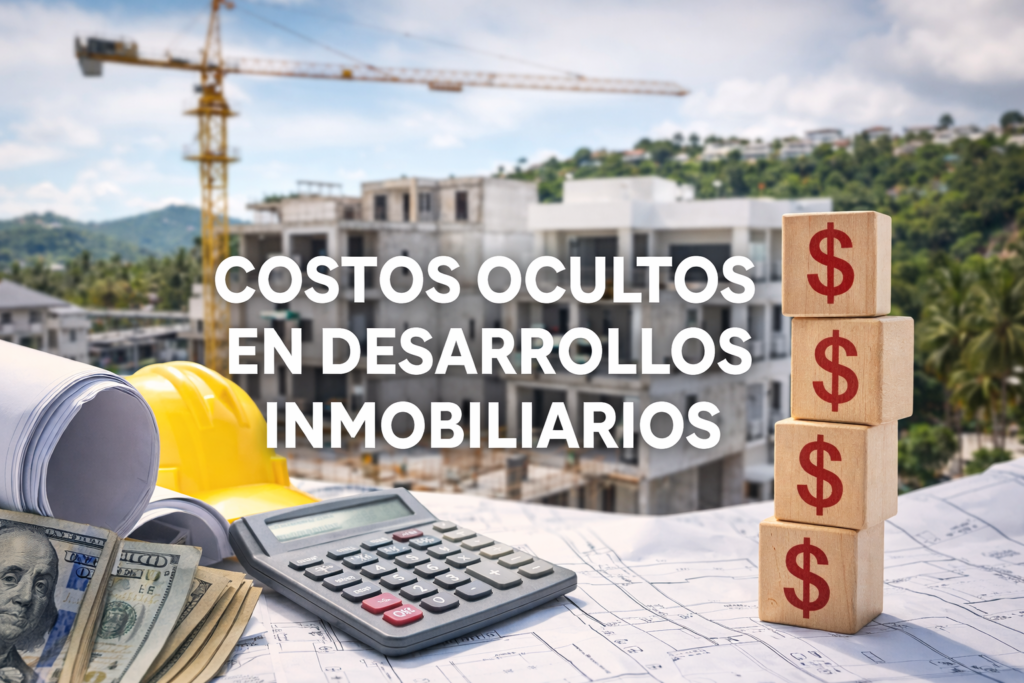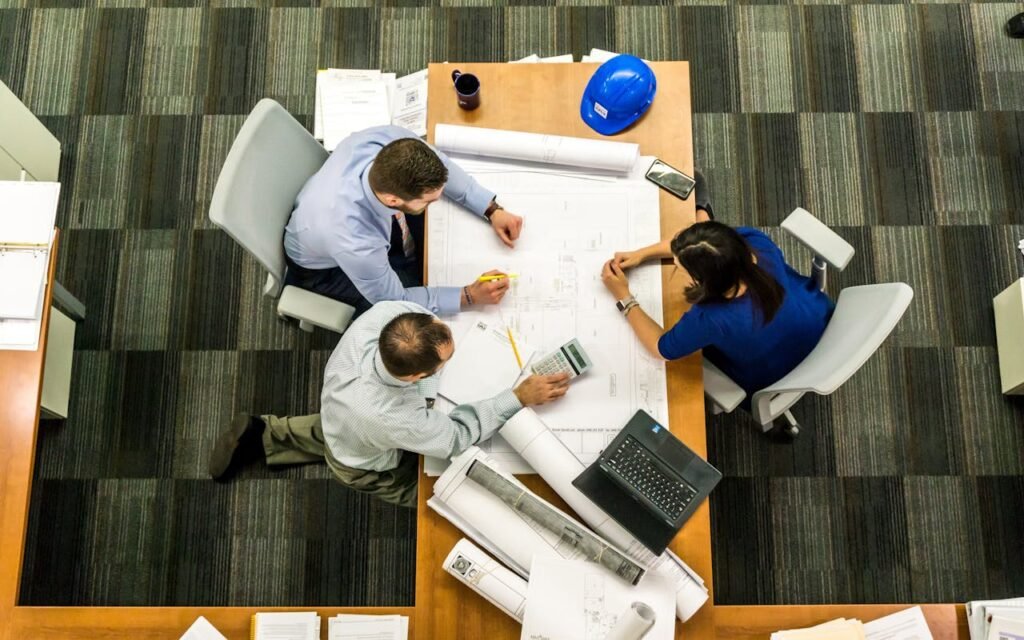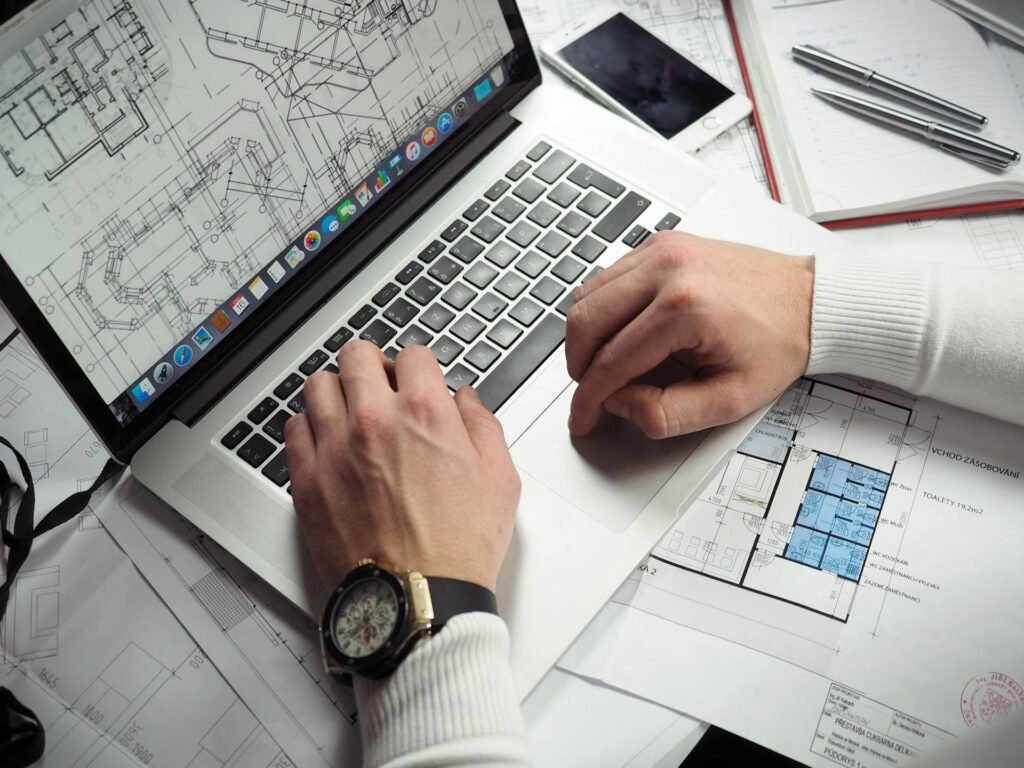If you’re considering building in Dominican Republic, understanding the building permits process is essential. But don’t worry, it’s not as complicated as it seems! In this article, we’ll walk you through each step and answering common questions about each permit and the time involved. By the end, you’ll know exactly what you need to start building in this beautiful country and how to get started with All Project Group SRL’s help.

What Are the Main Types of Building Permits Needed?
In Dominican Republic, there are four main permits required for construction:
- Municipal Permit – Issued by the local city hall.
- Environmental Permit – Regulation from the Ministry of Environment.
- Tourism Permit – Required for projects in tourist areas.
- MIVED Building License – The final license granted by the Ministry of Housing and Buildings.
Let’s look at each of these permits in detail, including their purpose and why they’re needed.
What is the Municipal Permit and Why is it Necessary?
The Municipal Permit, also known as the city hall permit, is the first step in the construction approval process. It is obtained from the local municipality where your land is located. This permit confirms that your building plans comply with local zoning and building codes.
The Municipal Permit is crucial as it is a prerequisite for the Environmental Permit and the Tourism Permit. Without this initial approval, you can’t proceed with the following permits.
What is the Environmental Permit?
The Environmental Permit is the second step in the building permits process. Regulated by the Ministry of Environment, this authorization ensures that your project will not negatively impact the local environment.
Why is the Environmental Permit Important?
Dominican Republic places a high value on preserving its natural resources, so this permit assesses the environmental impact of your project. This step helps protect local ecosystems and ensures sustainable development.
Do I Need a Tourism Permit?
If you’re planning a building project in a tourist area, you will need a Tourism Permit. This permit is regulated by the Ministry of Tourism, and it’s essential for any construction near beaches, national parks, or popular tourist destinations. The Tourism Permit is a key part of the process, as it protects critical areas for the country’s tourism sector.
Can I Skip the Tourism Permit?
No. For any construction in a tourist zone, this permit is required before moving to the final building license from MIVED.
What is the MIVED Building License?
The MIVED Building License, issued by the Ministry of Housing and Buildings (MIVED), is the final license needed to legally start construction in Dominican Republic. This license, also known as the building permit, allows you to begin building after the other permits are obtained.
Why is Getting This License So Important?
Building without this license can lead to issues later on. For example, if you build a property without the MIVED license, you’ll technically have “improvements on land” rather than a legally recognized building. This situation can cause complications, especially if you plan to sell the property.
Frequently Asked Questions about Building Permits in Dominican Republic
Can I Begin Construction After Obtaining Municipal, Environmental, and Tourism Permits?
Technically, yes. In many cases, developers start building after securing these three permits, but it’s risky. Without the MIVED Building License, your construction may not be legally recognized as a complete building. This step is essential, especially if you plan to create a multi-unit residential project or sell individual units.
How Long Does It Take to Obtain All Building Permits?
Each permit has its own waiting period, often with delays. By law, each institution must respond within a set time, but delays can occur due to the volume of requests.
- Municipal Permit – Typically takes longer due to zoning checks.
- Environmental Permit – Requires an environmental impact review, which can take time.
- Tourism Permit – Necessary if your project is in a tourist area; processing times can vary.
- MIVED Building License – Issued after the previous permits are approved.
Expect several months, or even a year or more, to complete the process depending on the project’s size and complexity.
Are All Permits Necessary for Every Construction Project?
For smaller or private residential projects, some builders may omit the MIVED Building License, especially in rural areas. However, obtaining all permits is the only way to ensure full legal compliance. For commercial or multi-family developments, it’s essential to complete the entire process, including the MIVED license.
Can a Third Party Assist with Permit Processing?
Yes, many developers in Dominican Republic hire experts to manage the permit process. These professionals have experience navigating each requirement’s complexities, ensuring the process is completed as smoothly as possible. All Project Group SRL offers permit processing services to make this process easier.
How to Ensure You Have All the Right Permits
It’s essential to follow the correct order in obtaining permits: each one depends on the approval of the previous one. Here’s a quick summary of the process:
- Obtain the Municipal Permit – Verify compliance with local zoning.
- Apply for the Environmental Permit – Ensure environmental responsibility.
- Get the Tourism Permit (if applicable) – For projects in tourist areas.
- Secure the MIVED Building License – The final legal step before construction.
Skipping any of these steps can result in delays or even legal issues in the future. Following the process and understanding each permit’s role will set you up for success.
Ready to Start Your Project? Get Professional Help with Construction Permits
Navigating the permit process in Dominican Republic can be challenging, especially with steps that vary based on location and project scope. But you don’t have to do it alone! Visit the All Project Group SRL Building Permits Page to learn how our team can simplify the process, manage paperwork, and keep your project on track.
Whether it’s your first project or part of an ongoing development, following the right steps for construction permits will ensure a smooth, legally compliant build.







